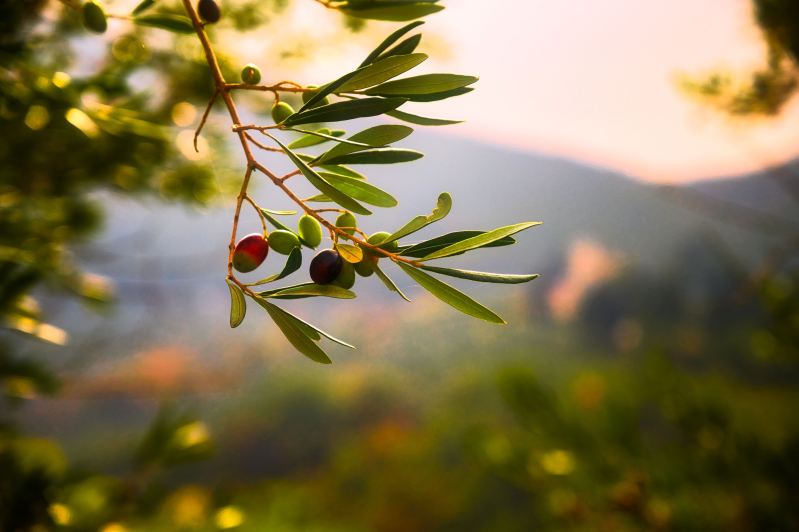
As if climate change hadn’t already wreaked enough havoc, now it’s coming for everyone’s favorite cooking essential. According to a recent report published by the USDA, the price of olive oil has risen more than 130% in the past year, with absolutely no signs of slowing down.
Due to irregular weather and extensive drought brought on by climate change, Mediterranean countries such as Greece, Italy, and Spain are all suffering an immense hit to olive crops and production. Spain alone – one of the world’s largest olive oil exporters – is down more than 50% this season compared to last year. A spokesperson for the International Olive Council told CNN, “We are facing a complex situation as a consequence of climate change.”
This tremendous hit to crops and subsequent price increases to olive oil is bound to have a tremendous impact on prices worldwide, from grocers to casual patio cafes to fine dining restaurants.
The situation is so dire, in fact, that there’s even a significant rise in olive oil-related crime. Forget good old-fashioned bank robberies or priceless painting heists. It would appear the good money to be made is in the star ingredient of your favorite salad dressings. Marin Serrano El Lagar, a Spanish oil mill, was robbed of about 50,000 liters of extra virgin olive oil on August 30. A deleterious loss that amounts to almost half a million dollars for the company. Unfortunately, Marin Serrano El Lagar is not the only mill to have dealt with this issue. More and more oil companies are being robbed of what is quickly proving to be liquid gold.
And if climate change and thievery weren’t enough, there’s even more bad news. Kyle Holland, oilseed and vegetable oils analyst at Mintec, told CNBC, “Further complicating matters is Turkey’s decision to suspend bulk olive oil exports. The suspension has worsened the already limited volumes in Spain.” That’s right. Because of the drama going on, Turkey has decided to suspend bulk
With all of the evidence rapidly mounting in front of our faces, it’s getting more and more difficult to bury our heads in the sand when it comes to climate change.
Corey Lesk, a climate researcher at Dartmouth College, told CNN, “We’re on the precipice of game-changing risks, and it’s far from obvious that these won’t push the global food system over the edge, certainly in 50 years, but maybe even in five to 10 at this rate.”



